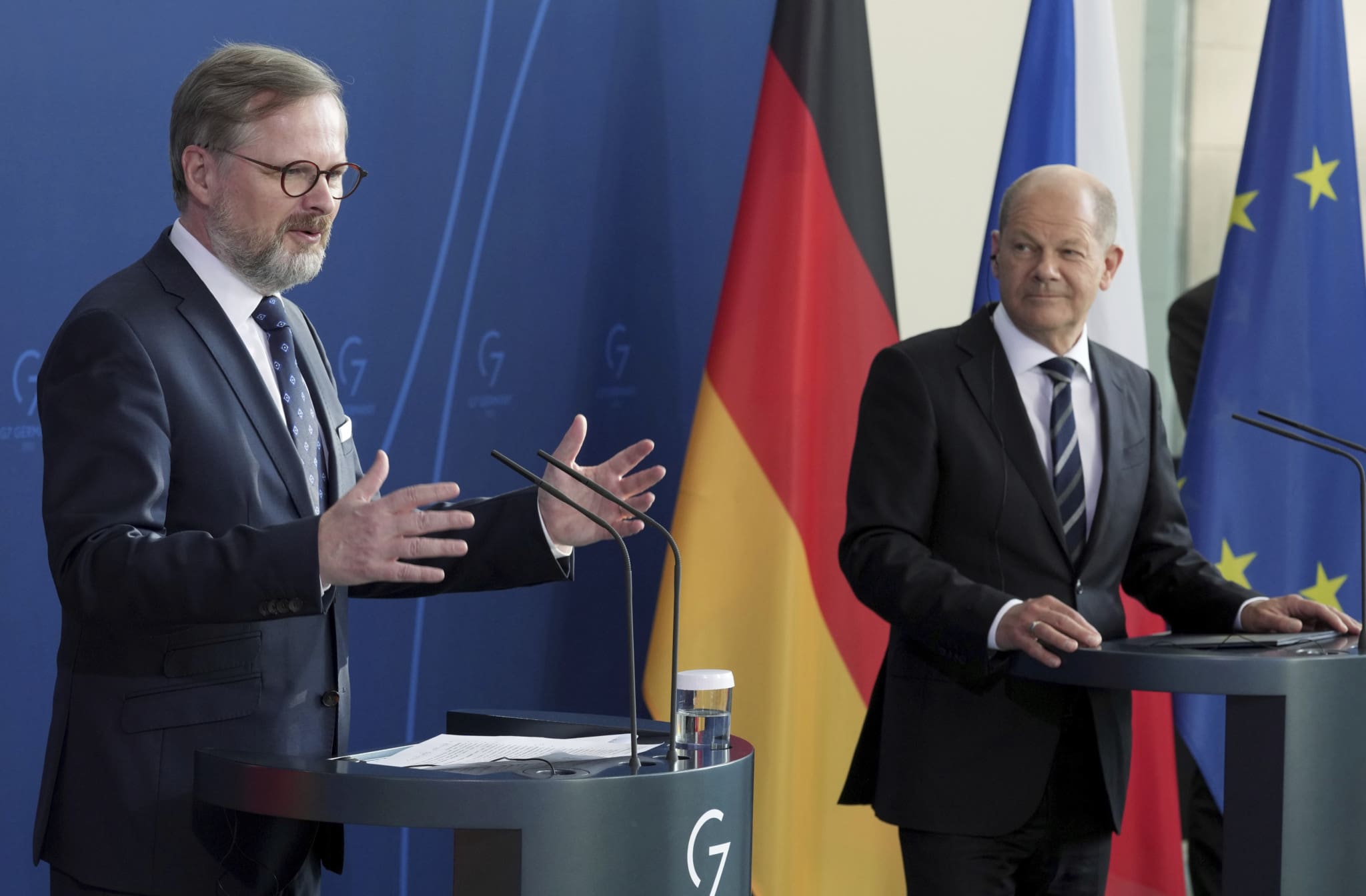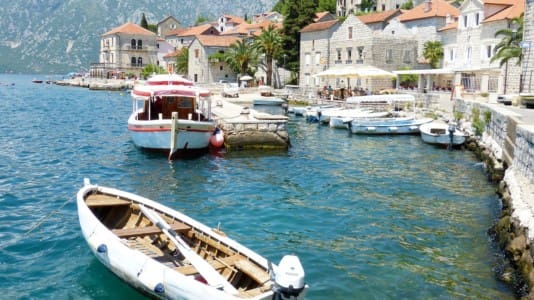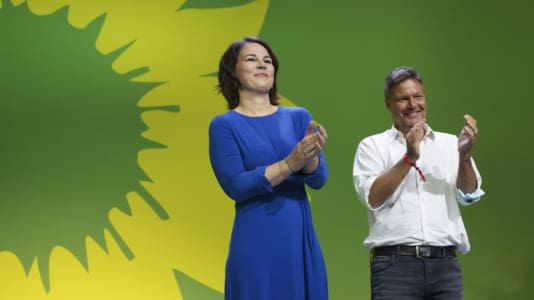Just when it seemed like that the Hungarian government of Viktor Orbán was yet again going alone against the EU’s proposed plan to introduce an embargo on Russian oil, other countries have started to signal their objections against the proposal. Czech Prime Minister Petr Fiala, despite his government’s hardline stance against Russia, seems to be one of those injecting a dose of realism into the European’s headlong rush towards energy sanctions. In Fiala’s view, the EU’s proposal provides no time for countries highly dependent on Russian energy resources to seek alternative replacements, and would cause enormous economic damage to these countries.
This week, Ursula von der Leyen triumphantly announced the latest, sixth package of sanction against Russia that will also target Russian energy exports:
“Finally, we now propose a ban on Russian oil. Let’s be clear: it will not be easy, but we simply have to work on it. We will make sure that we phase out Russian oil in an orderly fashion, to maximize pressure on Russia while minimizing the impact on our economies.”
[pp id=35275]
Those looking for any details on how exactly this phasing out of such a vital product in an “orderly fashion” will look like should not hold their breath. Countries with no alternative options, or resources of their own, will just have to figure out a solution in record time, even though a premature cutoff of Russian gas, oil and nuclear fuel would mean a complete disaster for their economies.
This reality does not seem to faze Czech MEP Martina Dlabajová, who praised the sanctions proposal, saying: “I welcome the EU Commission’s proposal regarding new sanctions against Russia. It is good that they now include blocking Russian oil to Europe, which we have been calling for in the European Parliament for some time. We cannot contribute with a single euro to Putin’s war-machine! Applause for Ursula von der Leyen in the hall was well deserved!”
It is clear that she has little idea how to solve the enormous challenge of energy security for Czech consumers, but Prime Minister Fiala seems to have spent more effort at contemplating the consequences of such a move.
[pp id=33353]
“We are ready to support the sanctions under the condition that the Czech Republic receives a grace period of two to three years, until the capacity of the oil pipeline that could bring oil to the Czech Republic is increased,” he said at a cabinet meeting. Only then is the government willing to give its support for the oil embargo, added Fiala. He concluded by saying the “sanctions must not harm Czech citizens more than they do the Russian Federation.”
In other words, Fiala gave the oil embargo idea a qualified “No.” Fiala knows that in all probability the conflict in Ukraine will be over by the time he has to make good on his promises, and he will have more wiggle room to adopt a less costly option for the Czechs. Slovak Minister for Economy Richard Sulík also responded in a similar fashion, saying that his country of course supports the EU’s oil sanctions, but not right now. Slovakia also wants a three-year delay in order to find alternative resources.
[pp id=35146]
This presupposes that such resources can indeed be found and that such a mega project, involving laying new pipelines and refineries, could be finished within such an enormously short time-frame. Journalist from the Czech news portal Novinky, Thomas Kulidakis, hit the nail on its head with his commentary on the issue:
“Unlike MEP Dlabajová, who lives in Belgium, whose Russian oil imports make up only 6 percent of their needs, we live in a country that imports a good half. [We must help] in line with the thesis that sanctions must not harm us more than the other side, and we are helping Ukraine of our own free will, not because we have to. So Ukrainian Foreign Minister Dmytro Kuleba can keep his cheeky words: ‘If any of the European countries continue to reject the Russian oil embargo, I think this is a good reason to say that this country is involved in crimes committed by Russia on Ukrainian territory.’ We help within our own limits because we want to, not because we have to, and we deserve thanks for that, not provocation and condescension.”





